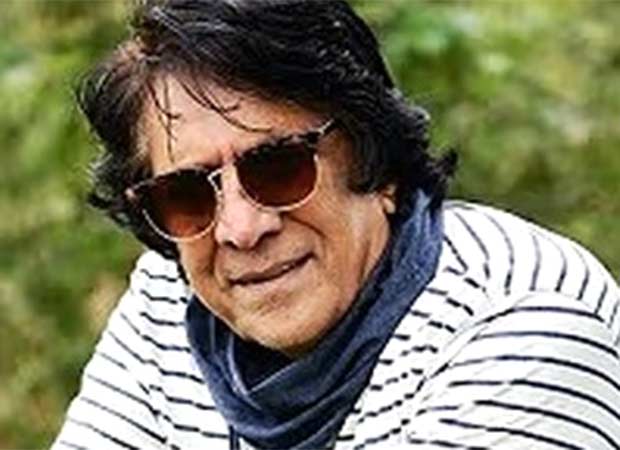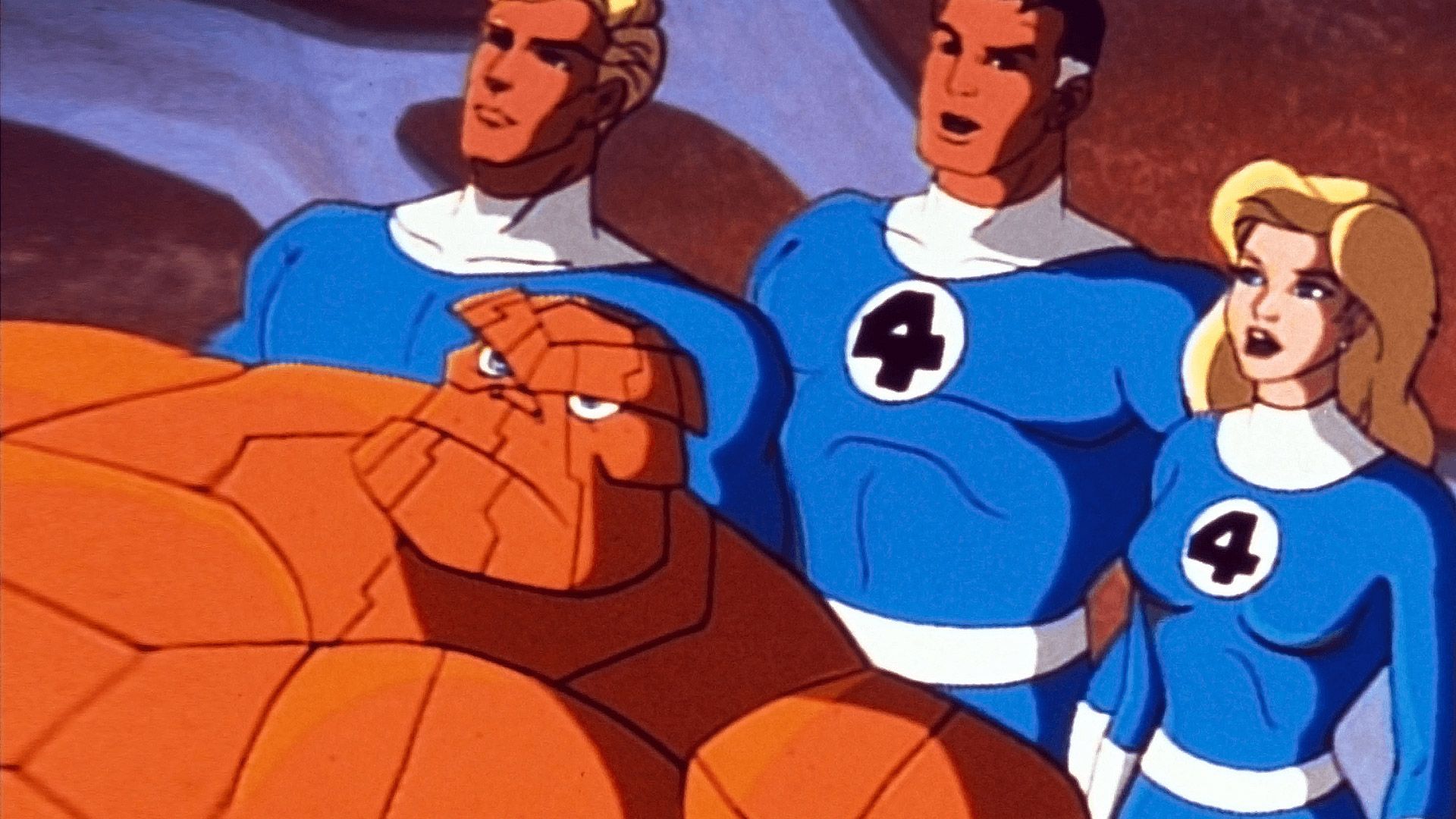NEW DELHI: Modi government has conferred Bharat Ratna, the country’s highest civilian decoration, on socialist icon Karpoori Thakur who, as chief minister of Bihar, was the first to implement an OBC quota with a sub-quota for MBCs in the north in 1978.
Thakur’s 26% package, that also had quotas for women and economically weaker sections, and which provoked violent protests, was implemented a year before the constitution of Mandal Commission.
If Modi government’s decision, which came a day ahead of Thakur’s birth centenary, marked the recognition of a leader who played a major role in organising the socially backward and the poor and was known for exemplary probity, it was also seen by many as an overture to the most/extremely backward castes in Bihar at a time when the opposition has raised the issue of ‘caste census’ to forge a coalition of OBCs.
Belonging to the extremely backward Nai (barber) caste, ‘Jan Nayak’ Thakur was born into a poor family in north Bihar’s Samastipur district. He fought off the odds and obscene social prejudices to become an agent of change in the state which was synonymous with upper caste hegemony. An entire cast of OBC biggies – from Lalu Prasad to Bihar CM Nitish Kumar – owe their current prominence to him and have been competing for his legacy.
“I am delighted that government of India has decided to confer Bharat Ratna on the beacon of social justice, the great Jan Nayak Ji and that too at a time when we are marking his birth centenary. The prestigious recognition is a testament to his enduring efforts as a champion for the marginalised and a stalwart of equality and empowerment,” PM Narendra Modi wrote on X.
Thanking PM Modi for the decision, Bihar CM and JDU president Nitish Kumar said the Bharat Ratna to Thakur was a “years old demand”. He said the honour will “create positive sentiments among the Dalits, deprived and neglected sections”.
Award will inspire us to carry on Karpoori’s mission: Modi
PM Modi further wrote on X: “His unwavering commitment to uplift the downtrodden and his visionary leadership have left an indelible mark on India’s socio-political fabric. This award not only honours his remarkable contributions but also inspires us to continue his mission of creating a more just and equitable society.”
A staunch socialist, Thakur abolished English as a compulsory subject, liberating thousands of students from poor and rural backgrounds from the onerous burden of competing with their peers, rich and from the cities, who had the resources to learn the language. He also waived land rent on unremunerative holdings, which came as a huge relief to small and marginalised farmers.
The accomplishments look even more impressive given the handicap that he was born into. His father, Gokul Thakur, worked as a barber in their village. The income from the traditional vocation and the tiny land holding was inadequate, but could not keep young Karpoori from developing an interest in politics.
He was drawn into the Independence struggle at a very early age and became active with the socialist wing of Congress, acquiring a prominence big enough to get an assembly ticket for Tajpur constituency in Samastipur district in 1952.
He left Congress to join Socialist Party and remained with its different versions until his death in 1988 when he was only 64.
Thakur, with a legendary reputation for honesty, had appeal among all sections until 1978 when the upper castes, small in number but disproportionately influential, reacted to his quota policy with violence and vulgar vilification. Even the dominant OBCs were not happy with the fact that 12% of the 20% quota had been earmarked for the MBCs: a resentment that would find expression in the “kapati Thakur” slur used by one of the backward stalwarts who has profited by parading himself as Thakur’s legatee.
Yet, such was was his stature and commitment that Thakur remained an influential figure not just in Bihar but also in opposition politics. He refused to be cowed down and when many candidates of his party, Lok Dal, narrowly lost to Congress candidates in the 1985 assembly polls in circumstances found to be suspicious, he responded by calling upon OBCs, Dalits and the poor to arm themselves.
With the unity among dominant backwards in Bihar getting fragmented, they have had to scramble for the support of MBCs who have emerged as an independent political category and resist the domination of Yadavs and Kurmis.
While the first round went to Lalu, Nitish succeeded in enticing them into his column by reserving seats for them in panchayats and local bodies.
But the alliance between the two and Nitish’s diminution has created an opening for BJP to woo them. The party has played up Modi’s MBC credentials — something the PM himself referred to in his tribute to Thakur. To many, the Bharat Ratna, the fifth to be awarded by the Modi government, is sure to seem like part of the same seduction game. As BJP’s Rajya Sabha member Vivek Thakur said, “So many have flourished under him and by claiming to be his legatees. It is only the prime minister who has done justice to the pioneer of social justice.”
Thakur’s 26% package, that also had quotas for women and economically weaker sections, and which provoked violent protests, was implemented a year before the constitution of Mandal Commission.
If Modi government’s decision, which came a day ahead of Thakur’s birth centenary, marked the recognition of a leader who played a major role in organising the socially backward and the poor and was known for exemplary probity, it was also seen by many as an overture to the most/extremely backward castes in Bihar at a time when the opposition has raised the issue of ‘caste census’ to forge a coalition of OBCs.
Belonging to the extremely backward Nai (barber) caste, ‘Jan Nayak’ Thakur was born into a poor family in north Bihar’s Samastipur district. He fought off the odds and obscene social prejudices to become an agent of change in the state which was synonymous with upper caste hegemony. An entire cast of OBC biggies – from Lalu Prasad to Bihar CM Nitish Kumar – owe their current prominence to him and have been competing for his legacy.
“I am delighted that government of India has decided to confer Bharat Ratna on the beacon of social justice, the great Jan Nayak Ji and that too at a time when we are marking his birth centenary. The prestigious recognition is a testament to his enduring efforts as a champion for the marginalised and a stalwart of equality and empowerment,” PM Narendra Modi wrote on X.
Thanking PM Modi for the decision, Bihar CM and JDU president Nitish Kumar said the Bharat Ratna to Thakur was a “years old demand”. He said the honour will “create positive sentiments among the Dalits, deprived and neglected sections”.
Award will inspire us to carry on Karpoori’s mission: Modi
PM Modi further wrote on X: “His unwavering commitment to uplift the downtrodden and his visionary leadership have left an indelible mark on India’s socio-political fabric. This award not only honours his remarkable contributions but also inspires us to continue his mission of creating a more just and equitable society.”
A staunch socialist, Thakur abolished English as a compulsory subject, liberating thousands of students from poor and rural backgrounds from the onerous burden of competing with their peers, rich and from the cities, who had the resources to learn the language. He also waived land rent on unremunerative holdings, which came as a huge relief to small and marginalised farmers.
The accomplishments look even more impressive given the handicap that he was born into. His father, Gokul Thakur, worked as a barber in their village. The income from the traditional vocation and the tiny land holding was inadequate, but could not keep young Karpoori from developing an interest in politics.
He was drawn into the Independence struggle at a very early age and became active with the socialist wing of Congress, acquiring a prominence big enough to get an assembly ticket for Tajpur constituency in Samastipur district in 1952.
He left Congress to join Socialist Party and remained with its different versions until his death in 1988 when he was only 64.
Thakur, with a legendary reputation for honesty, had appeal among all sections until 1978 when the upper castes, small in number but disproportionately influential, reacted to his quota policy with violence and vulgar vilification. Even the dominant OBCs were not happy with the fact that 12% of the 20% quota had been earmarked for the MBCs: a resentment that would find expression in the “kapati Thakur” slur used by one of the backward stalwarts who has profited by parading himself as Thakur’s legatee.
Yet, such was was his stature and commitment that Thakur remained an influential figure not just in Bihar but also in opposition politics. He refused to be cowed down and when many candidates of his party, Lok Dal, narrowly lost to Congress candidates in the 1985 assembly polls in circumstances found to be suspicious, he responded by calling upon OBCs, Dalits and the poor to arm themselves.
With the unity among dominant backwards in Bihar getting fragmented, they have had to scramble for the support of MBCs who have emerged as an independent political category and resist the domination of Yadavs and Kurmis.
While the first round went to Lalu, Nitish succeeded in enticing them into his column by reserving seats for them in panchayats and local bodies.
But the alliance between the two and Nitish’s diminution has created an opening for BJP to woo them. The party has played up Modi’s MBC credentials — something the PM himself referred to in his tribute to Thakur. To many, the Bharat Ratna, the fifth to be awarded by the Modi government, is sure to seem like part of the same seduction game. As BJP’s Rajya Sabha member Vivek Thakur said, “So many have flourished under him and by claiming to be his legatees. It is only the prime minister who has done justice to the pioneer of social justice.”






